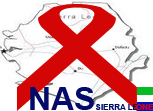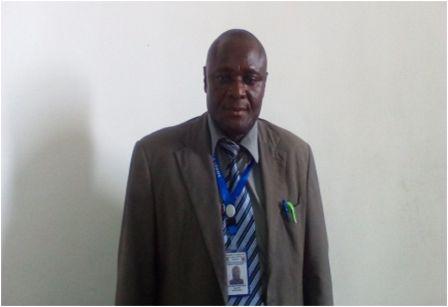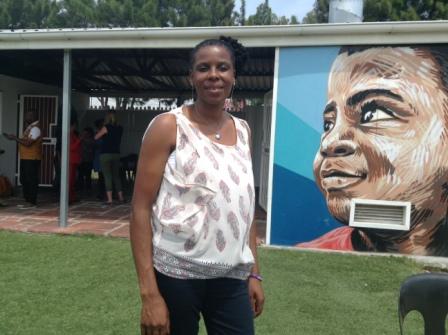Empower youths to fight against HIV/Aids
In several parts of the world, particularly Oceanic and African countries, the risk of becoming infected with HIV is disproportionate for young girls and women compared to boys and men of the same age. Teenage girls are more likely to develop the disease and the risk worsens as they reach adulthood where life becomes a harsh reality for them.
In Sierra Leone, when one takes a deep look at the socio-economic aspects that blight our lives, we realize that the higher risk of HIV continues because of the failure to address the root causes of vulnerability engaging on issues such as intergenerational sex (Sugar-daddy) transactional sex, concurrent sexual partners, sexual entitlements and violence rather than simply being female.
There are just few programmes that actually address the social and structural factors in HIV prevention mechanisms.
In a country still suffering from the ravages of a bitter war, girls as young as 12 who lost their parents and have none to guide and love are left wanting. Many of these girls want and need money and so turn to others, usually older men, who have the resources to meet their wants and needs. Studies show that money and a desire for material goods were viewed as the central factors in all age-discrepant relationships. Young girls growing up tend to want and desire so many things, like designer clothes, a fat allowance, all of which they can’t afford.
One sees so many young girls driving luxurious cars and one wonders where they got their wealth from. The finger usually points to men old enough to be their fathers. Simply put, gone are the days of principles, morale and pride for some women as they find no remorse in sleeping with their fathers’ age mates simply for money.
The most horrifying part of this abomination is that these girls are not immune to the virus and take no steps to protect themselves; sometimes some girls are seeking basic necessities like food, shelter and clothes, so it’s not all about greed and discontent but also survival as this is a daily battle for most in a country like Sierra Leone.
Intergenerational sex is a societal issue as it is quite common in Sierra Leone and cannot be tackled by just preaching about abstinence and faithfulness but safer sex.
Taking a look candidly at the situation, what can we offer as an underdeveloped country to these girls who can’t see a way out, who can’t envision a better life? How and with what do we help them create a vision to enhance their lives?
Hypocritically, most men who claim they abhor this practice indulge in it. A popular claim amongst men perpetuating these acts is “young blood is sweet”. What are solely needed are social sanctions that really stick against perverts who delight in these acts.
Having multiple and concurrent partners is also quite common among young people in many countries. It would be too simplistic to characterize all sexual activities of youths as intergenerational and transactional. Sierra Leone, seeking modernization seems to be losing some of its traditional values and some cultures actually promote harmful sexual behavior such as multiple partners.
Women have always been fighting to secure a place in what most people deem ‘a man’s world’ and we are still fighting to live as humans. Violence against women is an issue that needs to be addressed properly as part of HIV prevention programmes. A multi-country study conducted by the World Health Organization found that between 1% and 21% of women reported sexual abuse before age 15 across the world. A recent UNICEF study in Swaziland showed that one in four women faced sexual violence as a child and two out of three 18-24 year old women had experienced sexual violence, the abusers usually being boyfriends, husbands and relations. The act of sexual violence against women seems to be a growing trend in Sierra Leone, a trend that needs to be stopped.
There is an urgent need to reach girls and women like these at higher risks as they are largely invisible and unreachable by prevention services as most of these programmes are aimed at adults with higher risks. However policy-makers are taking notice in some countries and are adjusting their policies to suit younger people at higher risks. What we need to do as concerned people is to empower our youths to protect themselves from HIV.
We must ensure that programmes focus on young people at higher risk rather than homogenizing programmes for all young people. Simply put, we must provide them with programmes that are meaningful to their life contexts.
Stay with Sierra Express Media, for your trusted place in news!
© 2010, https:. All rights reserved.






